Surrogacy Laws & Process in Utah

Understanding the Surrogacy Process in Utah
Pre-Birth Parentage Orders in Utah: Legal Recognition Before Birth
Utah courts grant pre-birth parentage orders, which provide Intended Parents with legal recognition before delivery. These orders play a critical role because they guarantee that the child’s birth certificate lists the Intended Parents’ names, not the gestational carrier’s.
Gestational surrogacy in Utah is authorized by Utah Code Ann. § 78B-15-801 (2008), with amendments in 2020 confirming coverage for same-sex married couples. The statute requires that Intended Parents file with the court to validate the surrogacy agreement before birth. Judges may also waive hearings or home study requirements depending on the circumstances.
Eligibility for pre-birth orders extends across a wide range of families:
- Married heterosexual couples can obtain recognition whether using their own gametes, a donor, or both.
- Same-sex married couples qualify, including those using egg donors, sperm donors, or both.
- Single parents may pursue orders under the statute with some limitations.
- Unmarried couples do not qualify under the current law.
Once granted, the outcome is straightforward. Parents hold full legal recognition from the moment their child enters the world. Vital Records then issues a birth certificate within days, naming the Intended Parents and protecting their rights.
Medical, Psychological, and Legal Requirements in Utah Surrogacy
Explore the Carrying Dreams Surrogacy Heatmap
Families often want to compare how surrogacy works across different states. Browse through our Carrying Dreams Surrogacy Heatmap. It highlights laws, requirements, and surrogacy-friendly regions throughout the United States. This resource helps Intended Parents identify the best locations to begin or continue their journey.
If you have any inquiries about the Utah surrogacy law & process, feel free to contact ustoday.

